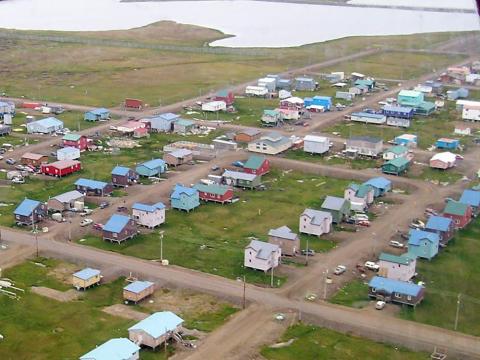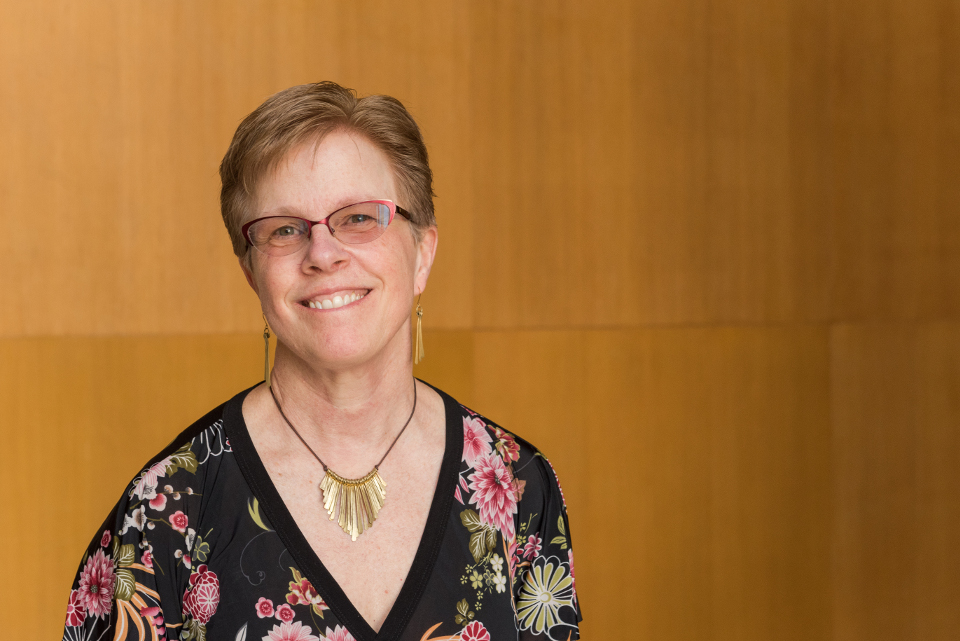
NWCPHP embarks on a five-year project to assist rural public health leaders in better using data to promote health equity.
Too frequently, rural areas are plagued by what researchers call the “double disparity.” That is, they often have worse health outcomes than their urban counterparts and are far more understaffed and poorly funded to address the issues. In the Northwest, this is particularly true for things like drug misuse and interpersonal violence. Geographical isolation, distance from medical care, and the lack of culturally appropriate services contribute to these disparities.
With support from the US Department of Health and Human Services Office of Minority Health, a multi-disciplinary team housed at NWCPHP will embark on a five-year project to tackle this problem. The SHARE-NW project—Solutions in Health Analytics for Rural Equity across the Northwest—will support and advance public health practice efforts in Washington, Oregon, Idaho, and Alaska to distribute resources, respond to local needs, and more effectively address health inequities, particularly in rural communities.
A key focus of the project will be to identify, gather, and visualize data to help health leaders better understand, communicate, and address health disparities among their populations. Examples include administrative data and indicators that mark the social determinants of health. The project will also provide training and technical support to rural practitioners on how to better gather and interpret data that inform decision-making about prevention programs and resource allocation.
“This project aims to create a more complete picture of rural health disparities so we can improve what we’re doing to achieve health equity,” said SHARE-NW Project Director and NWCPHP Director Betty Bekemeier, PhD, MPH, FAAN. “We want to help practice leaders examine public health resources, services, and local needs in new ways—allowing for system-wide innovations.” SHARE-NW’s co-directors include Anne Turner, MD, MLIS, MPH, Uba Backonja, PhD, MS, RN, and India Ornelas, PhD, MPH.
An equity advisory committee will help guide the multi-partner collaboration in understanding priority populations, identifying barriers to data usage, and developing training and communications materials that accurately reflect the complex social conditions in their communities. Considerable emphasis will be given to health issues among Alaska Native, Native American, and Latino populations, who have seen fewer health improvements than the general population.
Although SHARE-NW’s primary aim is to improve the collection and interpretation of health data and health outcomes in the Northwest, the project team believes lessons learned and evidence generated from these activities will help guide similar public health planning and decision-making for rural communities around the US.
“We’re very excited to have this opportunity to help address such an important data and capacity gap for and with our rural public health partners in the Northwest. It’s a critical step toward reducing disparities and improving health equity in our region,” said Bekemeier.


